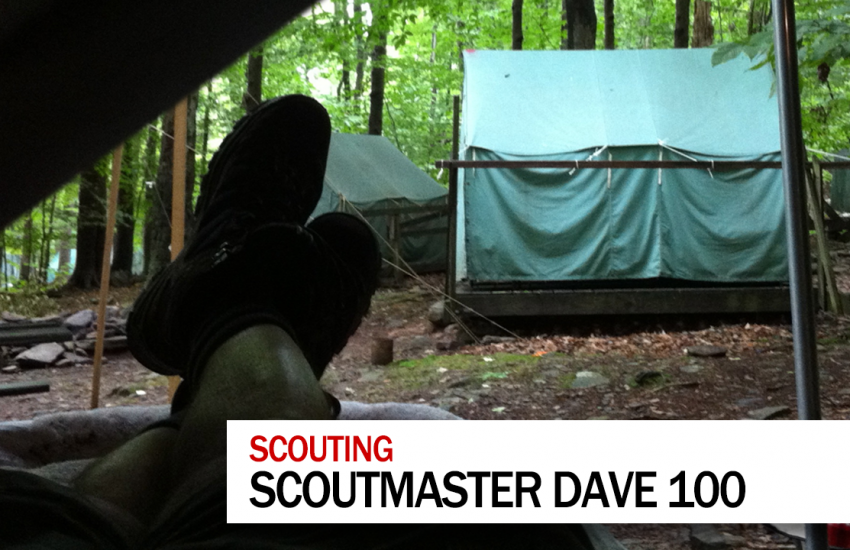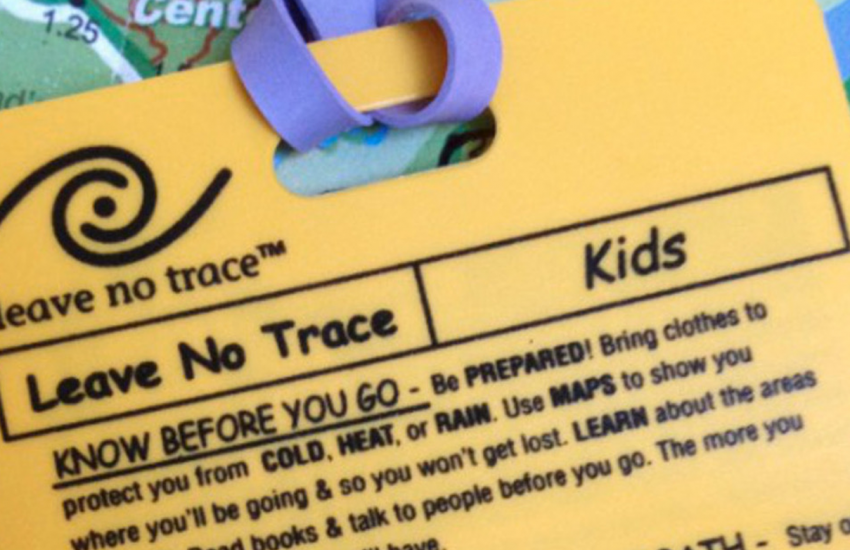Scouting can be a great program for individuals affected by this disorder. This week’s Scoutmaster Dave discusses the strategies for making ADHD and scouts a successful experience.
Show Notes:
- ADHD Info (Link)
- How to help Scouts with ADHD succeed (Link)
- Scouting and ADHD – handout
Transcript:
ADHD or Attention Deficit Hyperactive Disorder primarily affects boys and begins manifesting usually about age seven. ADHD affects approximately 3-7% of the population, so it’s probably a good bet you have one, two or three of these individuals in your den, pack or troop.
In fact you believe it’s closer to 20% of your scouts you might be right, as Scouting can be a great program for individuals affected by this disorder, as scouting provides structure, focused activity and includes focused group activity, patrols and dens, as a means of accomplishing things.
Scouts afflicted in general, are not the most academic of students, and may not do well in organized sports, so as a social outlet, scouting is great for them
But as a leader it does present challenges.
While most parents are up front about children with ADHD so may not be fully aware, or don’t fully disclose the condition.
Some of the symptoms to look out for include
- Difficulty paying attention during tasks.
- Not seeming to listen when spoken to directly.
- Difficulty organizing tasks or activities.
- Struggling to follow through on complex instructions.
- Being easily distracted.
- Difficulty awaiting one’s turn and
- Interrupting or intruding on others
For scouts displaying these attributes the first thing to do is to speak with the child’s parent. This can admittedly be a tough conversation at first, but the ability to partner with the parents is essential to successfully integrating scouts within the group.
Discussing with the parents ADHD and the options to control it is important. While this videocast should not be looked as as medical advice, many scouts suffering from ADHD take medications for focus.
Outside of this, there are some strategies that have been shown to help, and some of these techniques can be used for all scouts.
You can encourage good behavior by seating the Scout near a good role model, someone focused and attentive, can help display good behavior.
As scouts with ADHD have focus issues, allowing extra time to complete work can alleviate frustration. Along with this, giving give clear, concise instructions, supervison and reminders can help keep scouts on task.
Where possible, try and ignore minor inappropriate behavior, and praise appropriate behavior.
For older scouts, who are part of the ScoutsBSA program, where a parent may not be as readily involved, it’s important to keep in mind the risks associated. Remember, your primary responsibility is the health and safely of the Troop. You need to stress safety with knives and fire, and enforce the buddy system.
There are rules in place for a reason, and the expectation for each scout is they abide by the rules. If this cannot be accomplished you need to have a hard conversation with parents.
Many parents who opt for medication do not medicate late in the day or on weekends and then send their child off into the woods leaving the leaders to manage. This obviously in not fair to the leaders, the scouts and the scout himself.
But if the scout is not able to handle the situation un-medicated you need to speak with the parent and come up with some options. Other than medication, the parent can participate in scouting activities, freeing you up to handle the larger troop.
What you don’t want to do when working with ADHD scouts is to raise your voice, clench your hands or use other tense body language, mimicking or bribing.
There are other leadership methods that don’t work well will ADHD kids, so you’re better off avoiding Using “command and demand” leadership, and insisting on getting the last word.
Most of all, try not to hold a grudge towards the child. While from an adult perspective you may start to believe they are doing things on purpose, many time they are not in control of these tendencies.
Take what you like and leave the rest, and as we say in Woodbadge, feedback is a gift, leave yours below in the comments, with the hope we can all learn together.
I’m Scoutmaster Dave, and this was a little on ADHD and Scouting.




